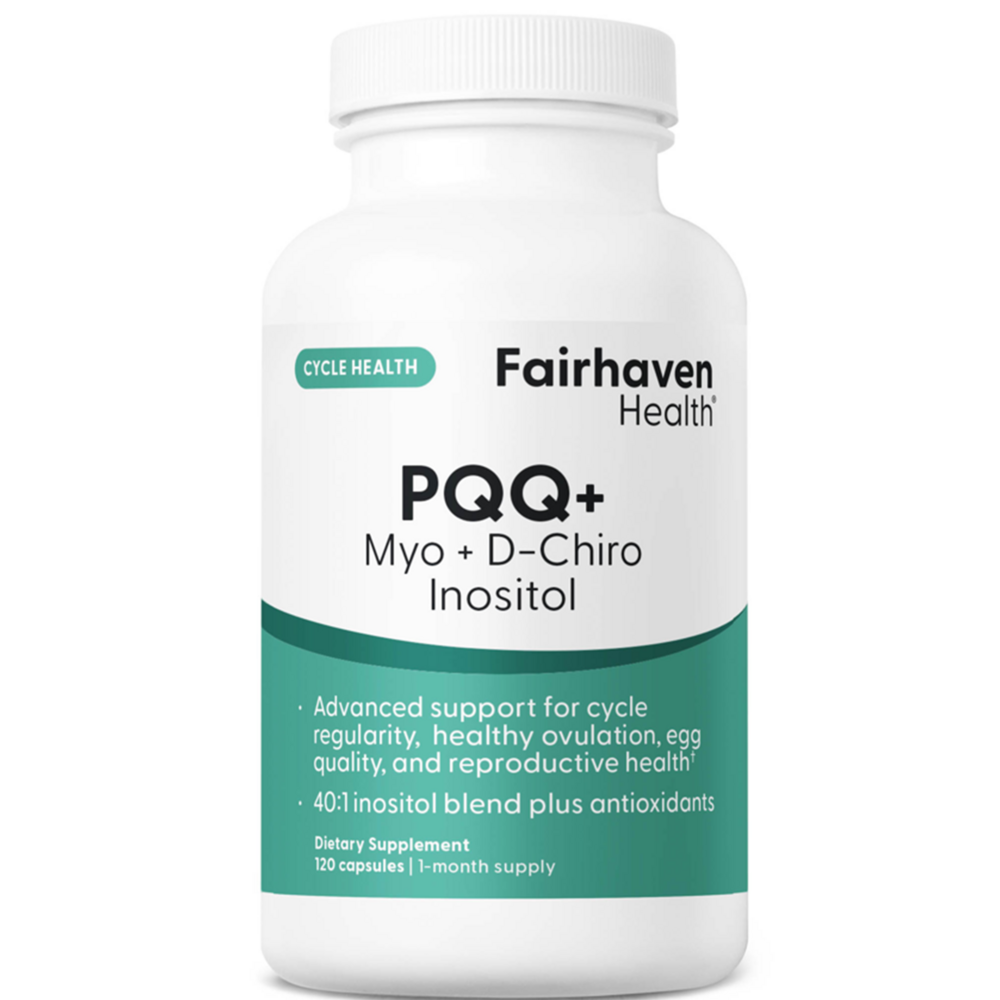Most cases of infertility are caused by ovulatory problems. If ovulation does not occur, there is no egg to be fertilized. One of the most common causes of ovulatory problems is polycystic ovary syndrome (PCOS), which is a hormonal imbalance of women of reproductive age, affecting 5-10% of all women. PCOS prevents the eggs from maturing on schedule and become available to be fertilized. Over 60-70% of women with PCOS are obese, which significantly increases their risk of developing diabetes, heart disease and endometrial cancer. Without treatment, about 50% of women with PCOS will be pre-diabetic or diabetic by the age of 40. Here are some of the more significant signs and symptoms of PCOS:
- Irregular menstruation
- Abnormal hormonal blood tests
- Increased hair growth on the face, back, chest or abdomen
- Acne
- Thinning hair on the crown of the head
- Weight gain around the middle
- Body image issues
Conventional approach of treating the symptoms includes birth control pills to regulate a woman's period; laser treatment or medications for hair growth; dermatological treatments to manage acne; and recommendations to lose weight.
However, none of these treatments address the cause of PCOS – insulin disregulation. Like reproductive hormones, insulin is a hormone with far-reaching action. Insulin is produced by the pancreas, and its main job is to aide blood sugar (or glucose) out of the blood and into the cells after we eat carbohydrates (from sweets and naturally occurring carbs, like grains, starchy vegetables, fruits, milk and yogurt). The amount of carbohydrate eaten dictates how much insulin is secreted to clear glucose out of the blood. In insulin resistance, the pancreas releases insulin into the blood, but the cells resist its cell-opening action, causing the pancreas to compensate by pumping out excess amounts of insulin. Over time, this can lead to pancreatic "burnout" where not enough insulin is being produced to overcome the resistance, leading to a gradual rise in blood glucose levels and the development of pre-diabetes and/or diabetes.
Unfortunately, excess circulating insulin also stimulates the production of testosterone (the male-type hormone) in the ovaries, where estrogen should dominate to trigger ovulation. This increase in testosterone can cause the unattractive growth of facial hair, destruction of hair follicles on the crown of the head leading to male-pattern hair loss, stimulate skin inflammation and acne, and promote abdominal fat deposits on the abdomen in a male-type (apple shape) distribution.
Good News - PCOS Is Treatable
Yes, we can treat the cause of PCOS. Metformin, a diabetes medication that improves insulin sensitivity, or herbal medication with similar effects are often used, particularly in women trying to conceive. Others are prescribed birth control pills and other medications to help manage symptoms, but, like many modern-day health problems, diet and lifestyle change are the key. Adopting a few healthful diet and exercise strategies that target insulin resistance is critical to resolve the underlying hormonal problems seen in PCOS, and truly experience relief from its symptoms:
- Because carbohydrate intake dictates the post-meal glucose/insulin response, limit sweets in favor of reduced portions of unrefined carbohydrates (i.e., whole grains, low glycemic index fruits and vegetables), spread out over smaller meals and snacks. (see insulin resistance and diabetes)
- Pair carbohydrates with lean protein, healthy fats, and fiber to help slow carbohydrate digestion and enhance the feeling of fullness.
- Eliminate trans and saturated fats and use more heart-healthy monounsaturated fats (i.e., olive, canola or peanut oil, nuts, seeds and avocados); increase your intake of anti-inflammatory High Potency Pure Omega fats from fatty fish (wild salmon, sable, mackerel, herring, trout, and sardines) or fish oil capsules if you dislike the taste of fish.
- Regular exercise is the most natural insulin sensitizer there is. Exercise at least 30 minutes most days with a long term goal of 60 minutes, which can be accrued over the day.
- Consider taking PQQ + Myo + D-Chiro Inositol, which was specifically formulated for women with PCOS. This blend of myo-inositol, D-chiro inositol, and PQQ provides advanced support for cycle regularity, healthy ovulation, egg quality, and reproductive health.
Infertility is a major concern for many women with PCOS. However, using an Integrative Functional Medicine approach that treats the cause rather than masking symptoms, many women have been able to restore their menstrual cycles, improve their health, and conceive.








